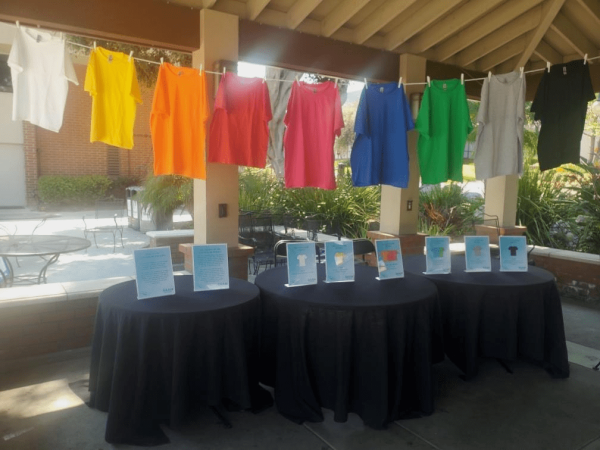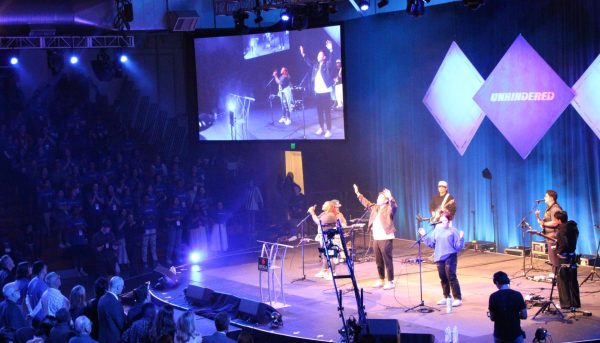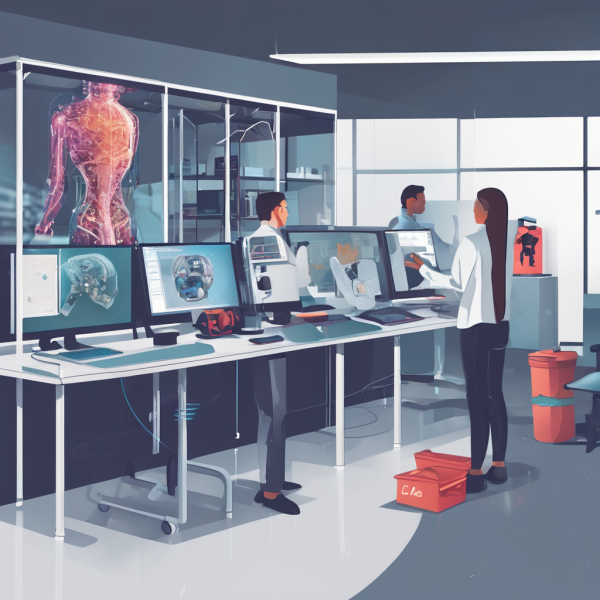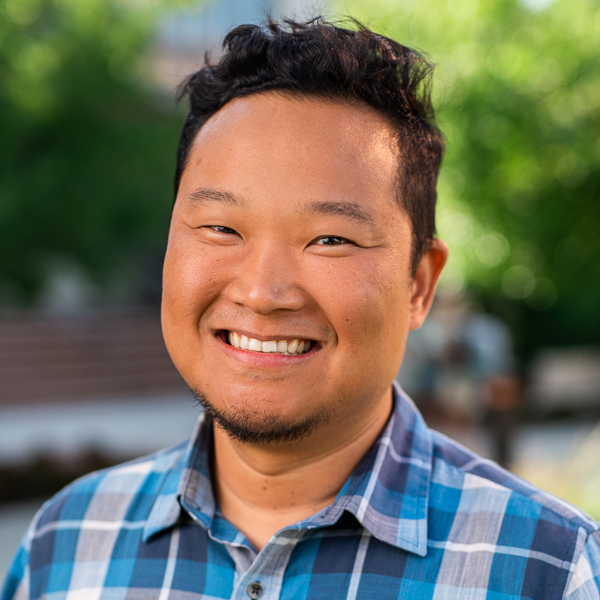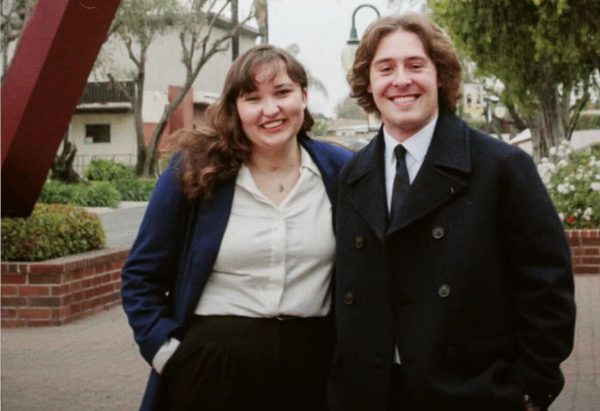Biola hosts second annual Holocaust and Genocide Awareness Week
Various awareness events provide chapel credit.
April 25, 2012
Rabbi Michael Berenbaum, former project director of the United States Holocaust Memorial Museum, will be participating in a discussion panel tonight for Biola’s second annual Holocaust and Genocide Awareness Week. Professor Daniel Wildeson, professor of rhetoric at St. Cloud State University in Minnesota and Director of the Center for Holocaust and Genocide Education, will also be participating in the panel which will be in Talbot East Banquet Room tonight at 7 p.m.
The week kicked off on Sunday night with a showing of “La Rafle.” “La Rafle,” meaning “The Roundup,” is a French movie that reenacts the history of Vichy France’s complicit role in the Holocaust.
“The movie told you a story about a family whose lives were valued as nothing — as a people whose lives were valued as nothing — because they looked a little different,” said sophomore psychology major Brett Kobold.
Additionally, there will be a movie showing of “Stolpersteine,” on Friday in Business 109 at 7 p.m. Chapel credit is being offered for both events.
Engaging in topic is essential
Spreading awareness is important to preventing another Holocaust, but the key is developing a way to engage people so the subject matter becomes real to them, according to Wildeson.
This was the topic of his Tuesday night lecture, “Confronting the Third Mind: Teaching and Learning in a Post-Holocaust Context.”
Wildeson explained that there are three basic orientations — or minds — that people have toward the events of the Holocaust.
The first mind comprises survivors, their families and people who have a heartfelt compassion for the victims. Their cry is “never again,” according to Wildeson.
“Mind number two is the people who say it never happened, or it happened for good reason. Those two groups are really the smaller groups,” Wildeson said.
Wildeson, who is a Biola alumnus, believes that the large majority of people, including most Biola students, would fall into what he designates as the third mind.
“The [third mind] is the people who say, ‘Never mind,’” Wildeson said.
Most would rather not dwell on the atrocities of the Holocaust because it is so unthinkable, gross and hard to talk about, according to Wildeson.
“And, in a way, it’s a kind of denial,” Wildeson said.
Wildeson contrasts the third mind with the Good Samaritan, who was a model for developing a Christian ethic. His conscious awareness of the suffering of others compelled him to act when the crisis came, according to Wildeson.
Looking to Corrie ten Boom's example
Wildeson pointed to the Christian example of Corrie ten Boom. Her family hid Jews in their house during the Nazi occupation of the Netherlands. They were eventually caught, and ten Boom was placed in a concentration camp. After the Holocaust, Wildeson’s father, who was a Baptist minister, invited ten Boom to speak about her experience, and she has since become a friend of the family.
However, her actions were not characteristic of most Christians who lived under the Nazis. Today, most Christians do not stick out their necks for their neighbors, according to Wildeson.
“It needs to be a part of the Christian ethic, and it’s not,” Wildeson said.
Wildeson also wants to see students become more mindful of history.
“The question is: What happened yesterday? Does it have any influence on you today? Are there any claims that history has on people who are living today? It's really a moral claim that comes from the victims and the survivors of the Holocaust. And they're saying, ‘Don't let this happen,’” Wildeson said.


